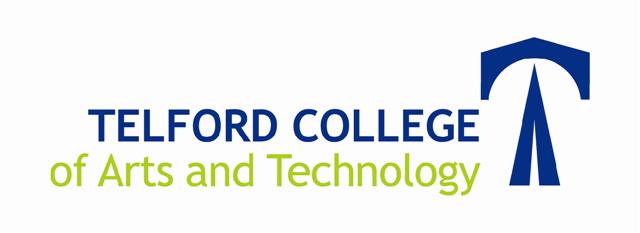Information
-
Document No.
-
Conducted on
-
Prepared by
-
Location
-
Name:
-
Observer:
-
Subject:
-
Date and Duration:
-
Course Code/Group:
-
Number of Learners:
Observation Criteria
-
1. Set high expectations which inspire, motivate and challenge learners • establish a safe and stimulating environment for learners, rooted in mutual respect • set goals that stretch and challenge learners of all backgrounds, abilities and dispositions • demonstrate consistently the positive attitudes, values and behaviour which are expected of learners
-
2. Promote good progress and outcomes for learners • Set unit targets with learners which meets their individual needs • session planned taking into account learner individual needs • support learners to reflect on their learning and set targets • encourage learners to take a responsible and conscientious attitude to their own work and study
-
3. Demonstrate good subject and curriculum knowledge • have a secure knowledge of the relevant subject(s) and curriculum areas. • demonstrate a critical understanding of developments in the subject and curriculum areas. • demonstrate an understanding of and take responsibility for promoting high standards of literacy, numeracy and ICT
-
4. Plan and teach well structured lessons • impart knowledge and develop understanding through effective use of lesson time • promote a love of learning and learners intellectual curiosity • set homework and plan other out-of-class activities to consolidate and extend the knowledge and understanding learners have acquired
-
5. Adapt teaching to respond to the strengths and needs of all pupils • know when and how to differentiate appropriately, using approaches which enable leraners to be taught effectively • have a clear understanding of the needs of all pupils, including those with special educational needs; those of high ability; those with English as an additional language; those with disabilities; and be able to use and evaluate distinctive teaching approaches to engage and support them
-
6. Make accurate and productive use of assessment • make use of formative and summative assessment to secure learners progress • use relevant data to monitor progress, set targets, and plan subsequent lessons • give pupils regular feedback, both orally and through accurate marking, and encourage pupils to respond to the feedback
-
7. Manage behaviour effectively to ensure a good and safe learning environment • have clear rules and routines for behaviour in classrooms, and take responsibility for promoting good and courteous behaviour both in classrooms and around the school, in accordance with the colleges behaviour policy • have high expectations of behaviour, and establish a framework for discipline with a range of strategies, using praise, sanctions and rewards consistently and fairly • manage classes effectively, using approaches which are appropriate to learners needs in order to involve and motivate them • maintain good relationships with learners, exercise appropriate authority, and act decisively when necessary
Feedback
-
Strength One
-
Strength Two
-
Strength Three
-
Areas for Development 1
-
Areas for Development 2
-
Areas for Development 3
-
Signature
-
Signature Lecturer
-
Lecturer
-
Select date
-
Signature Observer
-
Observer
-
Select date







